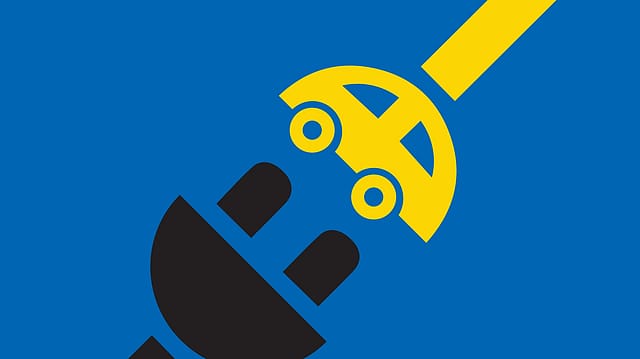Centre notifies battery waste management rules
ADVERTISEMENT

The government has notified the battery waste management rules to promote a circular economy and to ensure environmentally sound management of waste batteries.
The Ministry of Environment, Forest and Climate Change published the Battery Waste Management Rules, 2022 on August 24, 2022.
The new rules, which will replace the Batteries (Management and Handling) Rules, 2001, cover all types of batteries, viz. electric vehicle batteries, portable batteries, automotive batteries and industrial batteries.
The rules function based on the concept of Extended Producer Responsibility (EPR) where the producers (including importers) of batteries are responsible for the collection and recycling or refurbishment of waste batteries and the use of recovered materials from wastes into new batteries.
EPR mandates that all waste batteries be collected and sent for recycling or refurbishment, and it prohibits disposal in landfills and incineration. To meet the EPR obligations, producers may engage themselves or authorise any other entity for the collection, recycling or refurbishment of waste batteries, says the government.
The rules will enable the setting up of a mechanism and centralised online portal for the exchange of EPR certificates between producers and recyclers or refurbishers to fulfil the obligations of producers.
The ministry says the rules promote the setting up of new industries and entrepreneurship in the collection and recycling/refurbishment of waste batteries.
“Mandating the minimum percentage of recovery of materials from waste batteries under the rules will bring new technologies and investment in recycling and refurbishment industry and create new business opportunities,” says the government
Prescribing the use of a certain amount of recycled materials in the making of new batteries will reduce the dependency on new raw materials and save natural resources.
“Online registration and reporting, auditing, and committee for monitoring the implementation of rules and to take measures required for removal of difficulties are salient features of rules for ensuring effective implementation and compliance,” it adds.
On the Polluter Pays Principle, environmental compensation will be imposed for non-fulfilment of Extended Producer Responsibility targets, responsibilities and obligations set out in the rules.
The funds collected under environmental compensation shall be utilised in the collection and refurbishing or recycling of uncollected and non-recycled waste batteries, the Centre says.
Reacting to the development, Akshay Singhal, founder and CEO of Log9 Materials, says, “The newly introduced battery waste management standards by the government under the Extended Producer Responsibility (EPR) concept addresses two important concerns: first, efficient and effective waste management of all Li-Ion batteries that are nearing the end of their useful life and are expected to end up in landfills in a few years, avoiding any residual pollution impact. And secondly, it emphasizes the importance of investing in and nurturing the recycling of these used batteries, hence reducing the reliance on fresh resource mining.”